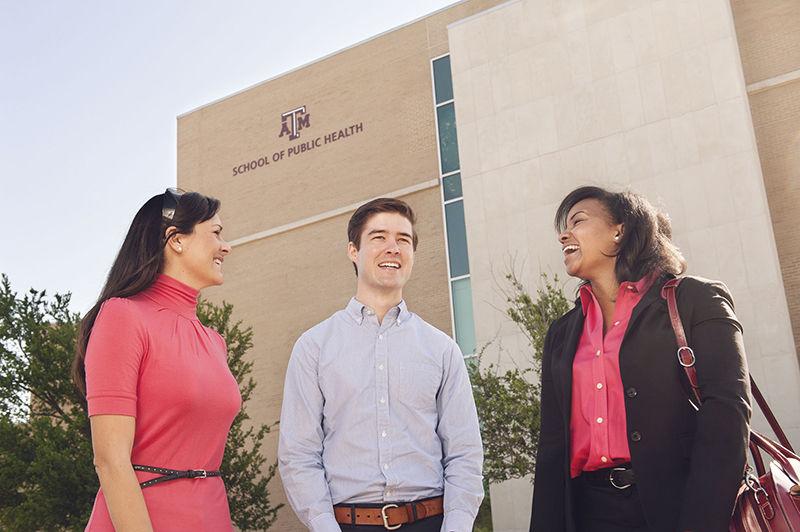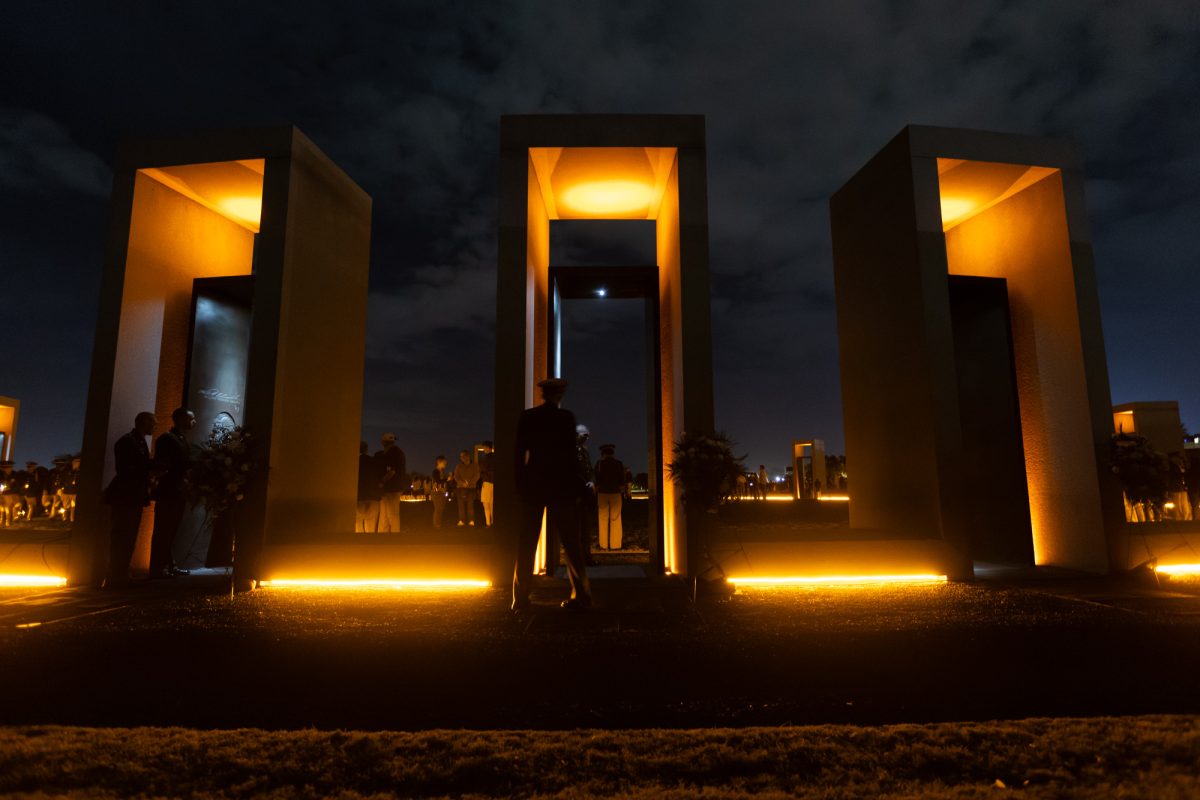The chatter surrounding marijuana law in Texas intensifies this week as four proposals go before a Texas House committee hearing Wednesday.
The Texas House Criminal Jurisprudence Committee, led by state Rep. Abel Herrero, will consider marijuana criminalization through a number of lenses. One bill seeks to make possession of less than an ounce a civil infraction, while two others would make it a Class C misdemeanor. A fourth aims for wholesale legalization.
“[The bills] range from allowing just one medicinal component of marijuana to legalizing the drug in its entirety,” Texas A&M School of Law professor Frank Snyder said.
More than half of the United States permits the drug in at least one of its forms, with 23 states recognizing medicinal usage of marijuana and four legalizing it for recreational use — Colorado and Washington since 2012, and Alaska and Oregon since 2014. Other states, including Texas, have pending ballot measures to allow the drug medicinally or recreationally.
Heather Fazio, Texas political director of the Marijuana Policy Project, works to mobilize grassroots efforts in support of broader marijuana policy in Texas. Fazio said the organization’s priority right now remains the removal of all penalties for medical marijuana and lighter charges for those found in possession of the drug recreationally.
“We are pushing for the possession of a small amount of marijuana — one ounce or less — to be ticketable and without jail time,” Fazio said. “Additionally, the charge will not remain on your criminal record.”
Fazio said while Texas still criminalizes recreational possession, the penalties should be reasonable.
“I think if there’s going to be reasonable regulation, most Texans would agree [marijuana] should be regulated similarly to alcohol — for responsible adults to enjoy and to not drive under,” Fazio said.
The legality of cannabis now remains entirely under state jurisdiction. Snyder said federal government is entirely rejecting interference.
“Federal law focuses on big name drug circles while states deal chiefly with possession,” Snyder said. “Since national government does not want to spend time going after possession, they won’t interfere.”
Snyder said legalization has given rise to a new and active market.
“For example, Colorado has a robust industry because there are no limitations on people who can grow [marijuana] and resell it,” Snyder said.
Marijuana legalization has provided an economic boost in a number of sectors, Fazio said, including tourism.
“We see the whole state economy affected — those who sell the lights in grow-houses are suddenly spiking in business, marketers, lawyers helping with trademarks, hotels and tourism have all seen growth,” Fazio said.
Snyder said there has been substantial movement within the state for industrial hemp, the part of the marijuana plant without THC. Snyder said he believes a market for hemp would reap economic benefits for Texas.
“Texas is quite a fertile ground for hemp and hemp contains no mind-altering drug,” Snyder said. “Currently, hemp is illegal under federal law because they figured it would just be easier to ban the whole plant rather than worry whether it contains THC or not.”
Gina Warren, an associate professor at the Texas A&M School of Law who researches energy use in the marijuana cultivation industry, said the industry is still very new and policy makers are just now beginning to regulate it, although it will significantly impact the future of the industry.
Although any significant movement for complete legalization seems further in the future, Fazio remains optimistic.
“In Texas we want to get it right,” Fazio said. “It’s a slow process because there is a lot of cognitive dissonance in Texas between drugs and conservatism. Generally speaking, people are ready for decriminalization.”
Students differ on the matter. Ryan Holleman, construction science junior, said legalization for recreational uses can only help the economy.
“I honestly don’t see what’s wrong with marijuana … You can’t die from it, you can’t OD from it,” Holleman said. “Alcohol is way worse. Cigarettes are way worse. And they’re legal. I don’t know what the big deal is.”
Other students, like civil engineering freshman Faith Tolson, argue it should remain criminalized in all forms. Finance senior Yaru Li, however, said regulated medicinal use could be beneficial as new business could be drawn to Texas.















